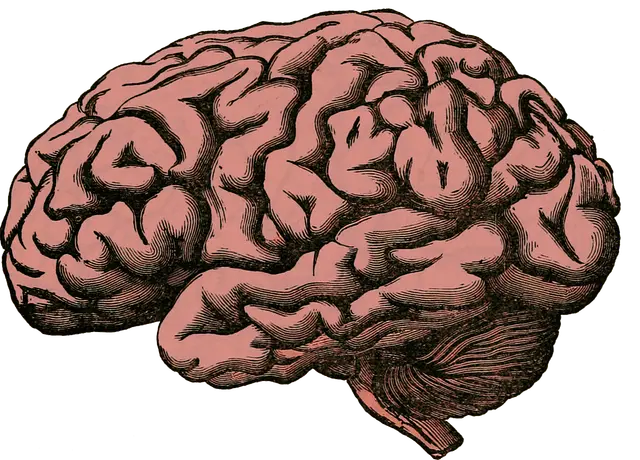Starter quiz
- It is important that the amount of water in the human body is kept ...
- constant. ✓
- high.
- low.
-
- Which organ detects changes in water levels in the human body?
 brain ✓
brain ✓ eye
eye kidney
kidney liver
liver
- The brain detects the amount of water in the ...
- bladder.
- blood. ✓
- kidney.
- urine.
-
- Which organ responds to changes in water levels in the human body by filtering and reabsorbing water from the blood?
 brain
brain kidney ✓
kidney ✓ liver
liver stomach
stomach
- Water moves between cells and blood plasma by the process of ...
- 'osmosis' ✓
- Put the sentences in the correct order to explain what would happen to body cells if there was a very high level of water in the blood.
- 1⇔The concentration of water molecules would be higher in the blood than in cells.
- 2⇔Water would move by osmosis into cells, down the concentration gradient.
- 3⇔Cells would swell up with water.
- 4⇔Eventually cells could burst.
Exit quiz
- Match each body system to its correct description.
- circulatory system⇔transports blood around the body ✓
- endocrine system⇔uses hormones as chemical messengers ✓
- nervous system⇔transmits impulses along neurones ✓
 Which part of the brain detects changes in the water balance of the blood plasma?
Which part of the brain detects changes in the water balance of the blood plasma?- cerebral cortex
- cerebellum
- pituitary gland
- hypothalamus ✓
-
- The hormone ADH (anti-diuretic hormone) is secreted by the ______ gland in the brain.
- 'pituitary' ✓
- True or false? The hormone ADH is secreted when there is less water in the blood than normal.
- True ✓
- False
- What effect does ADH have on the kidney?
- Decreases permeability of the kidney tubules so less water is reabsorbed.
- Decreases permeability of the kidney tubules so more water is reabsorbed.
- Increases permeability of the kidney tubules so less water is reabsorbed.
- Increases permeability of the kidney tubules so more water is reabsorbed. ✓
-
- What effect does drinking alcohol have on the control of water balance in the body?
- Increases the production of ADH, so less water is reabsorbed.
- Increases the production of ADH, so more water is reabsorbed.
- Suppresses the production of ADH, so less water is reabsorbed. ✓
- Suppresses the production of ADH, so more water is reabsorbed.
-
Worksheet
Presentation
Video
Lesson Details
Key learning points
- Receptors in the hypothalamus detect changes in the amount of water in the blood plasma.
- When there is too little water, the pituitary gland secretes a hormone called ADH.
- ADH increases the permeability of the kidney tubules so more water is reabsorbed into the blood plasma.
- When there is too much water, the pituitary gland secretes less ADH and less water is reabsorbed in the kidneys.
- Drinking alcohol causes less ADH to be produced, so urine becomes more dilute and this can cause dehydration.
Common misconception
Understanding how kidney filtration is controlled is complex, multifaceted and involves fairly obscure parts of the body so there is a lot of new content in this topic.
The parts of the process are broken down into individual steps, introduced with care and supporting illustrations, checked, reviewed and backed up with reinforcing tasks.
Keywords
Hypothalamus - Part of the brain that controls our internal environment, including water balance and body temperature.
Gland - An organ or tissue that produces and secretes substances, such as hormones.
Hormone - A chemical substance produced by a gland that travels in the bloodstream to a specific target organ.
Adh - Anti-diuretic hormone, secreted by the pituitary gland, which increases the permeability of the kidney tubules.